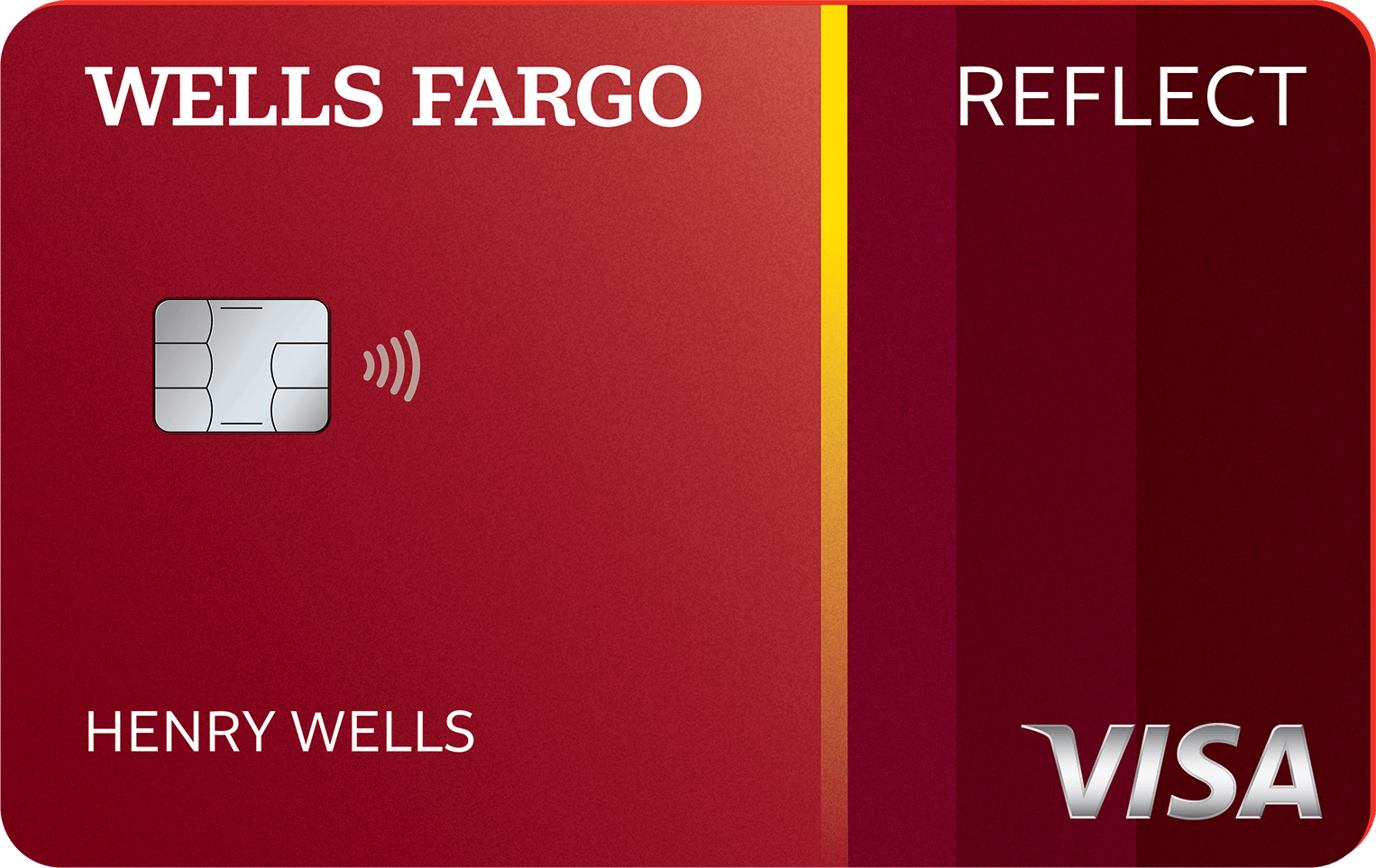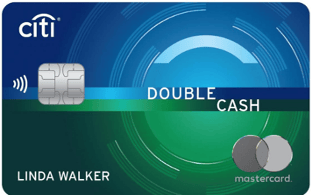
What is Considered a Good Credit Card APR? A Complete Guide
A credit card's Annual Percentage Rate (APR) is the interest rate charged on balances. What constitutes a "good APR" varies based on multiple factors, including your credit score and the type of card.
Good APR Benchmarks:
- Below 10% is excellent (typically found at credit unions)
- Below the Federal Reserve average (22.75% as of November 2023) is considered good
- 0% promotional APR offers are the best possible rates (temporary)
Key Factors Affecting Credit Card APRs:
- Personal creditworthiness
- Prime rate (benchmark rate banks use)
- Type of transaction (purchases, balance transfers, cash advances)
- Card type (rewards cards typically have higher APRs)

Wells Fargo Reflect Card
Low APR Credit Cards:
- Usually require good credit scores (690+)
- Often have fewer rewards and perks
- Ideal for carrying balances or financing large purchases
- Commonly found at credit unions
- May include 0% introductory periods

Chase Freedom Unlimited credit card
High APR Credit Cards:
- Common with rewards cards and store credit cards
- Often include valuable benefits and perks
- Store cards can have APRs above 30%
- Not recommended for carrying balances
How to Qualify for Better APRs:
- Monitor your credit score regularly
- Make all payments on time
- Keep credit utilization below 30%
- Limit new credit applications
- Maintain older credit accounts
- Check credit reports annually at annualcreditreport.com
Remember: If you pay your balance in full each month, the APR becomes irrelevant as you won't incur interest charges.